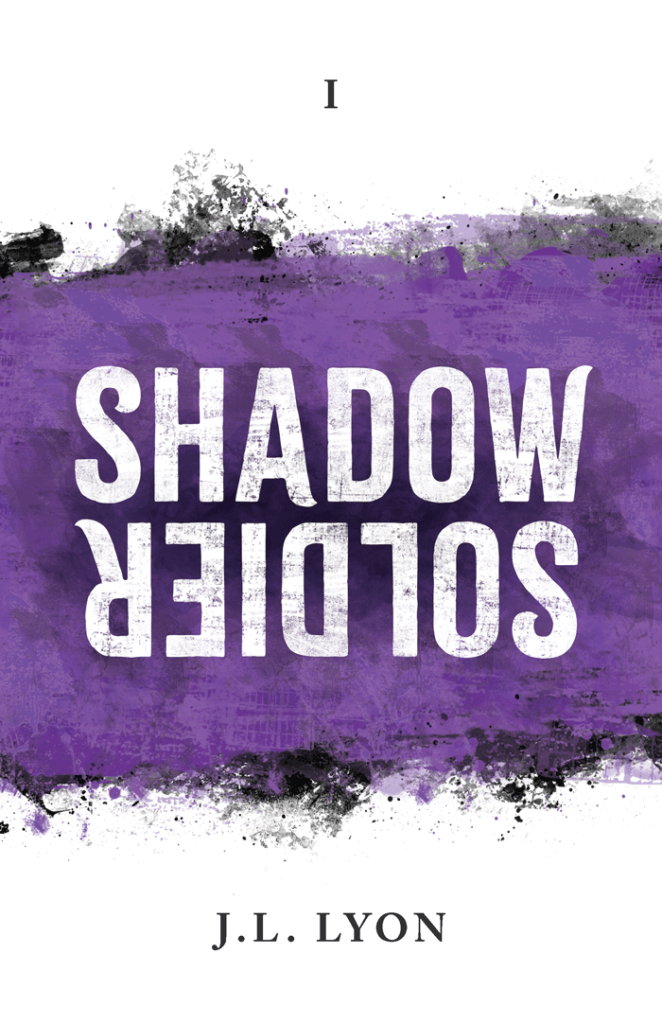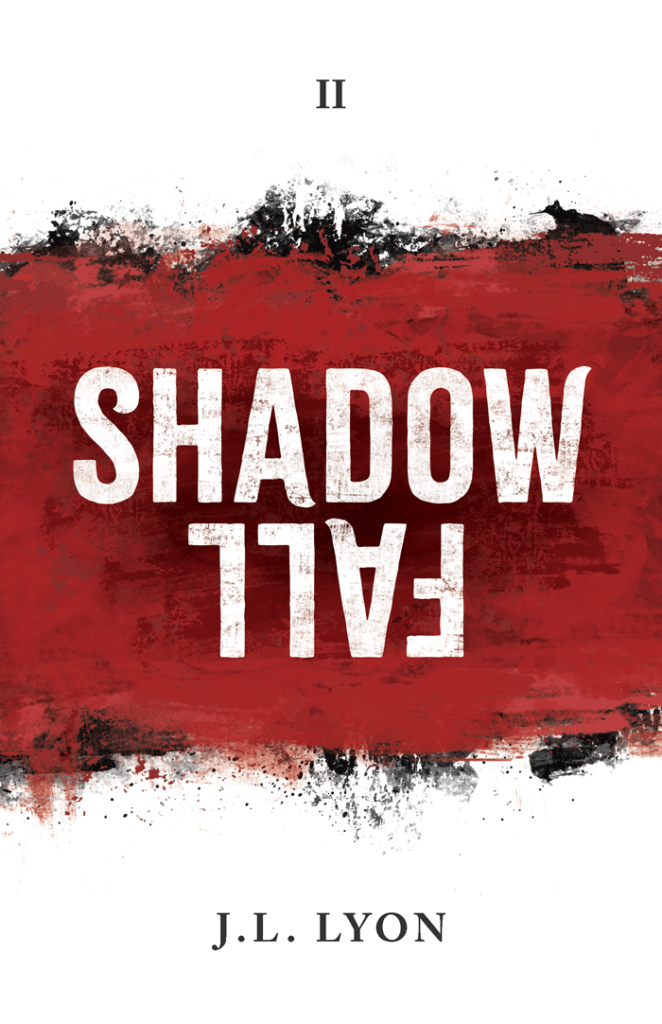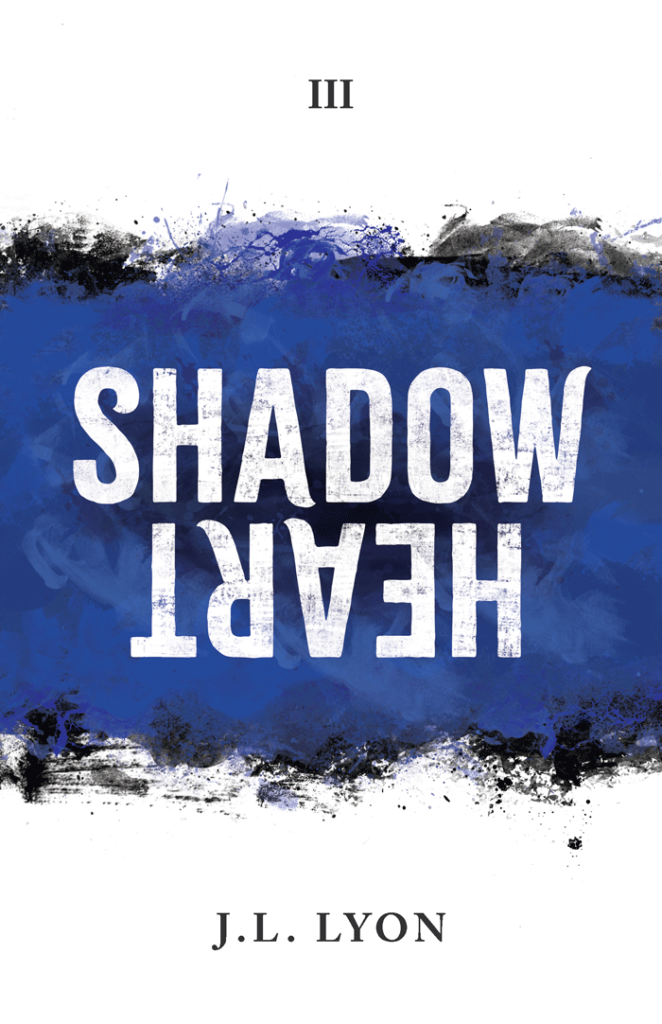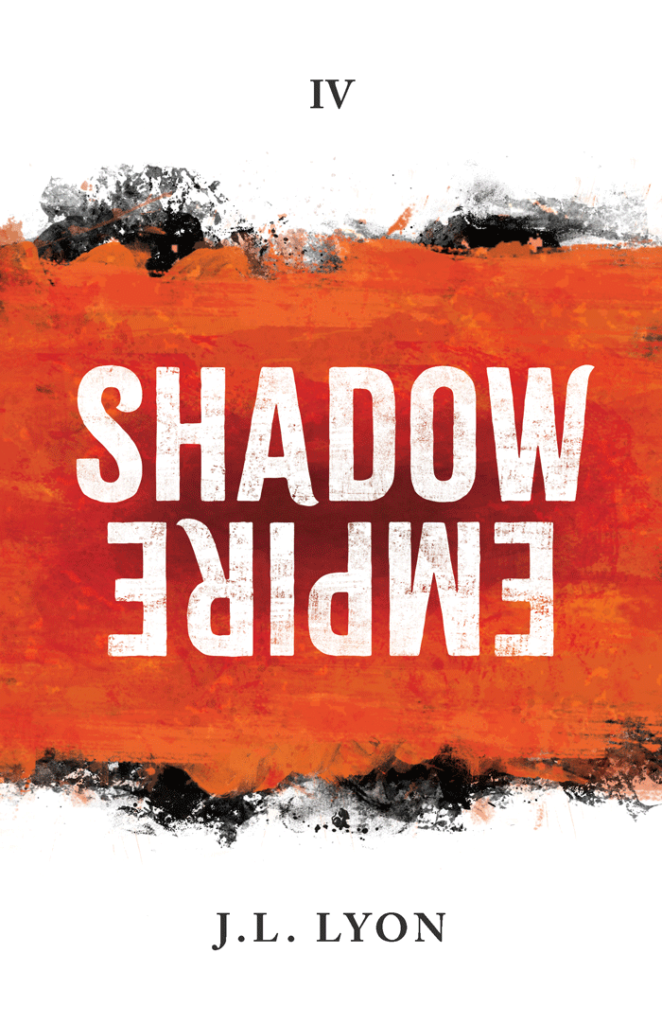As a writer, I love storytelling in all its forms, and one of the best (and until recently, overlooked) places to find great stories is in video games. While the gamer community is large, no doubt, its stories are not as accessible as say, Game of Thrones or Stranger Things. And, again until recently, game adaptations for the screen have been mostly lackluster. It has been great to see that change as the characters of The Last of Us and the world of Fallout hit a much wider audience, not to mention the fun Super Mario. Even more are on the Horizon (please don’t screw it up!).
However, there is perhaps no game franchise as distinctive (and divisive) when it comes to story as Final Fantasy.
With 14 mainline single-player games, 2 MMOs (online multi-player) and countless spinoffs and sequels with a wide variety of gameplay and styles, it is hard to really define exactly what Final Fantasy is in the same way as you might define Horizon, Mass Effect, or even The Legend of Zelda. Mechanics and certain elements are shared across entries, though there probably isn’t even 1 that is present in every single game.
The same is true of themes and story beats. Each mainline game is its own unique world and story, though most do follow a general narrative: main character starts out as a mercenary or freedom fighter and is ultimately caught up in a struggle for which the fate of the world is literally at stake. Thus the “final” in Final Fantasy. The through line is that the games take place in fantasy worlds that are on the verge of destruction. And this can make for some great storytelling. Though of course, not always.
However, there is decent consensus on the genius of the narrative for a few of the entries, and I was able to play through a few of those in the last few months:
Final Fantasy XVI
While the fandom is pretty divided on the gameplay, the story of Final Fantasy XVI has been pretty well-received, especially considering it hasn’t had much time to “marinate” like the other entries discussed below. FF16 definitely takes a darker approach to its story, more of a Thrones-esque feel than the Lord of the Rings type fare that makes up the majority of the entries. It definitely suited the game, which features a noble turned slave whose quest goes from joining a rebel faction to a struggle with a creator god who has no love for his creation.
The first act of the story I found absolutely riveting. Similar to how it feels when binging a show episode by episode, it was tough to stop playing this. I had to know what happened. And even if certain story beats were predictable, I cared enough about the characters involved that it didn’t matter. Good storytelling is about great characters and great plot. Great storytelling is about effectively weaving character and plot together in an entertaining and emotional narrative. FF16 did this for me in a way that no Final Fantasy, and few games period, have in years.
Normally by the time I am close to the end of a game I am ready to finish it to check it off the list. That wasn’t the case here. I did not want it to end, and I may have obsessed a bit about the ending’s ambiguity, because I do enjoy endings that are open to interpretation (word of warning, Shadow Saga readers!).
Final Fantasy VII: Remake & Rebirth
This post is titled My Year of Final Fantasy, and that’s because it has been a pretty banner year in terms of major releases. FF16 came out in June 2023, but due to certain other things (like finishing a certain overdue book) I didn’t get to dive in until the start of 2024. And then in April 2024 the next installment in the expansive remake of Final Fantasy VII, Rebirth, came out.
It had been a couple of years at least since I played Remake, so I picked up the twin pack that had both installments for PS5, and tag-teamed playing FF16 with Remake.
As engrossed as I was in the story of FF16 at the time, it still wasn’t hard to get pulled back in to one of the most nostalgic settings of 90s gaming, but reimagined and expanded, not to mention seeing the characters of FF7 coming to life as never before. Being able to become immersed in the world of Midgar, exploring the personalities of characters from the original game in much deeper fashion, was a pretty great experience. And going through it a second time, albeit a couple of years later, didn’t deplete any of the magic.
So I was pleasantly surprised to find, when I started Rebirth, that they managed to capture so much of that same magic from the original game after you leave Midgar, as well as to take the world and the characters so far beyond what I would have thought possible.
Rebirth really does illustrate the core strength of video game storytelling: immersion. No other medium can take you into a fictional world like a game can, with the ability to explore and actually experience a setting. And I’m convinced now that no other medium can do character development quite like a game can, allowing you to journey with and get to know characters as if they are actual individuals. To take such iconic personalities and make them feel so much more real was an incredible feat and I can’t really say enough great things about this game.
Now it is only the second of I think 3 planned parts remaking the original game, so I’ll hold my final judgment until then, but I was disappointed with the ending. It felt like they botched one of the original game’s most iconic sequences, and missed out on the chance to leave us with that same mixture of devastation, but determination, present at the end of Disc 1. And it didn’t feel ambiguous like the ending of FF16. It felt muddled and unnecessarily confusing.
But that didn’t take away from the rest of the game, which I still feel is one of the best I’ve ever played.
What I like most about Remake and Rebirth, though, is that they really underscore how great the story of the original Final Fantasy 7 was. Here’s hoping they can continue that into the final installment. I guess we can talk about it in 5 years?
Final Fantasy X & X-2
Feeling the nostalgia for 7 made me nostalgic for that other narrative great, Final Fantasy X. So I figured: well, why not? It’s been a few years since my last playthrough. And man I’m glad I did.
The story of Final Fantasy X still holds up so well after all these years, and (the controversial laughing scene aside) hits all the right emotional notes. The plot unfolds like an epic novel, with several twists and turns, most of which are tough to see coming, and an ending that still sticks in my head 20+ years later. It is also ambiguous, leaving you to interpret the meaning of a certain whistle for the main character’s fate.
That’s why when the story continued with a direct sequel in X-2, I at first wasn’t thrilled. FFX was nearly perfect as a self-contained story, and FFX-2 does cheapen that final emotional hit of the original game.
But, story aside, as in my opinion X-2 is on the weaker side in terms of Final Fantasy stories, it’s still a fun game to play, and the two come packaged together in the remastered versions. So when I finished FFX (felt like it flew past after the monster that was Rebirth) I decided to pick up on X-2.

So, if you love great storytelling, don’t neglect the medium that is gaming. Not all games have great stories, of course, and some don’t even attempt to pull you into a narrative. But if you’re looking for games like that, don’t overlook these Final Fantasy games. There are other great ones, too, that I will probably pick up as the year continues. Wanting to play through the original FF7, probably, and I’ll likely pick up Final Fantasy IX again as well. But if you do dive in, just be ready to sink in a lot of hours!
Remembering the Meaning of Christmas
Years ago when I was working for a church, I got the opportunity to write for a Christmas...
Timeless Book Release
Hi friends! I have a fun, and a little different, announcement to share with you all. If you’re...
The Shadow Saga: Looking Ahead
It's been a great release week! Thanks again to everyone who has purchased Shadow Empire, and for...










Recent Comments